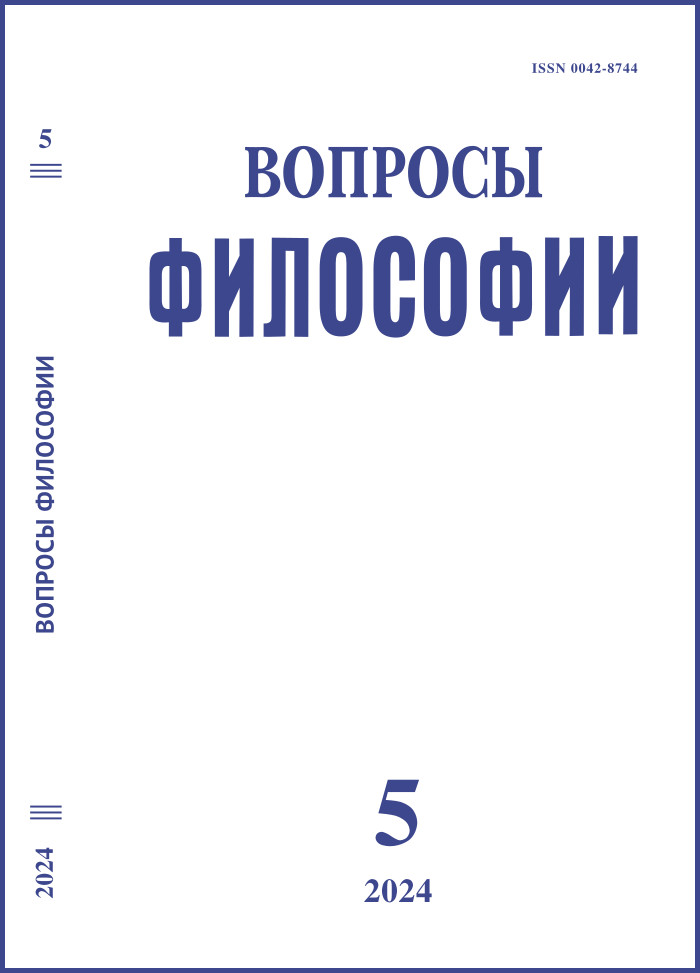Desacralization of the Political: from Scholasticism to Modernity?
DOI:
https://doi.org/10.21146/0042-8744-2024-5-100-110Keywords:
political, modernity, secularization, scholasticism, political ontology, state, political regime, complete authority.Abstract
The article analyzes the influence of the political thought of late scholasticism on the formation of the secular political regime of Modernity. The author shows two research approaches that differently assess the influence of medieval political doctrines on the formation of modern political culture. Representatives of the first approach (E. Gilson, A. Gewirth, Q. Skinner) tend to see in the works of such authors as Dante, Marsilius of Padua and Ockham, if not the direct origins of ideas about a secular political regime, then at least conceptual models that allowed such ideas to appear. Representatives of the second approach
(A. Black, J. Canning, A. Brett, B. Klyuchko, Yu. Sokolov), appealing to the anachronism of reading scholastic texts through the prism of modern conceptualism, either directly deny such influence or propose to refer to it with major limitations. To clarify this issue, the author turns to the analysis of the political ontology of Dante, Marsilius of Padua and Ockham. Innovations that were proposed by these authors in the matter of understanding the purpose, source and subject of political existence are explicated. Based on the analysis, it is concluded that in late scholasticism a view of political reality was proposed, which made it possible to see in it an immanent, self-valuable nature. Accordingly, the statement about the connection between the political thought of late scholasticism and modern political a priori is not unfounded.

